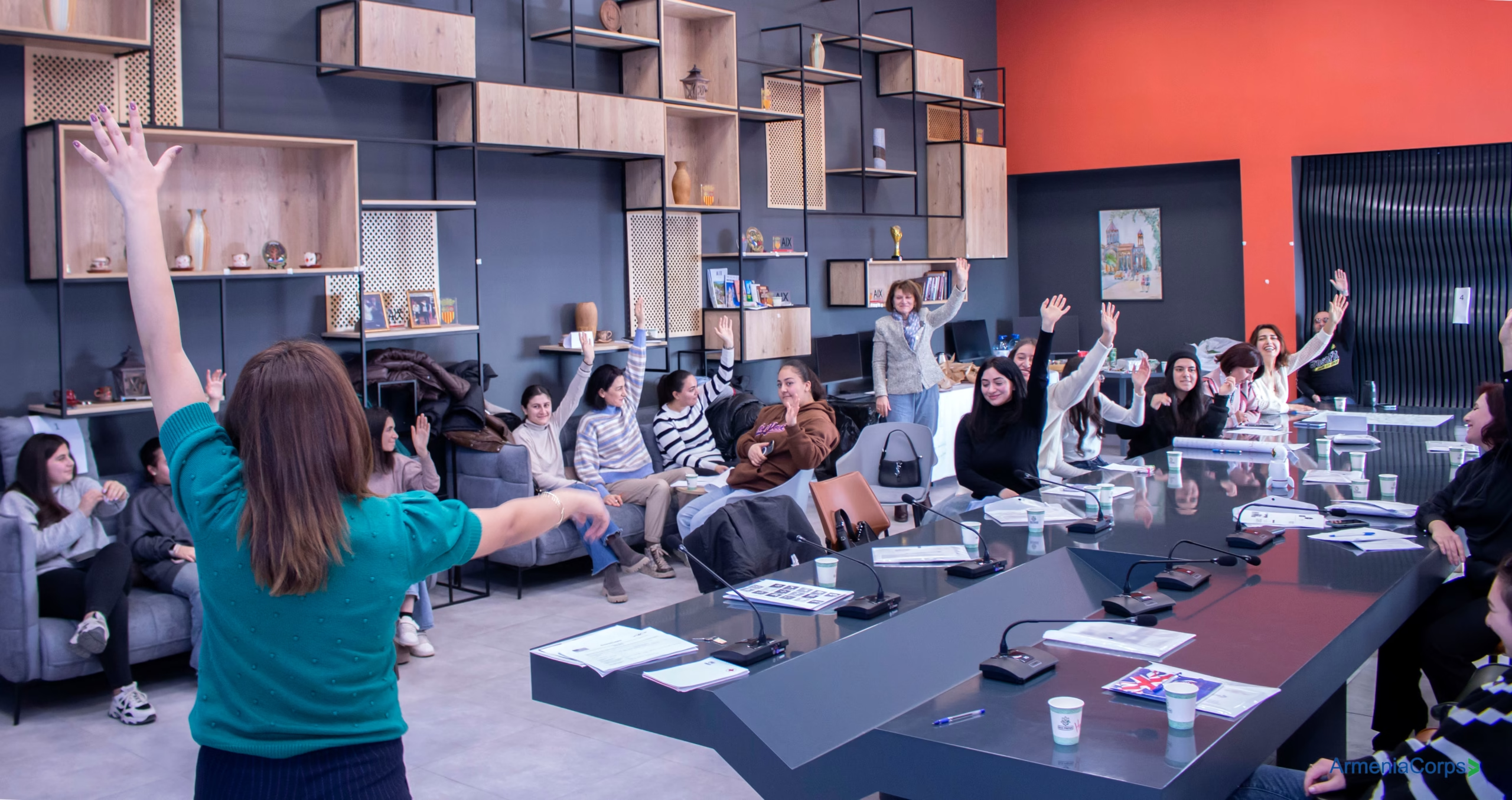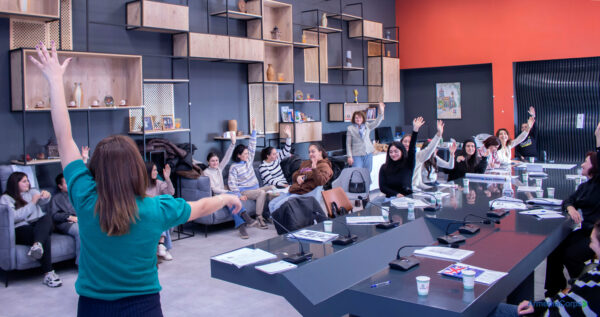

Masis Community, Ararat region: The Rapid Social Inclusion through Asset-Based Community Development Program entered a practical phase, during which participant groups were formed to map assets in the settlements of the Masis Consolidated Community, engage in volunteering, and design and implement programs aimed at promoting social inclusion within the community.
“This program is about immense inspiration, boundless potential, a significant battle to win, and unity. I have never realized so deeply how much I can change in this world. However, my first encounter with the program and its organizers helped me understand that change begins at home, within our own community.
I am truly happy because I now know I can make a difference and improve my community. I am grateful for this opportunity and the thoughtful approach it embodies. I am confident that the work we have undertaken will succeed and serve as a model for larger projects in the future. It brings me great joy to be part of such a meaningful initiative and to collaborate with people who have already become dear to me.
I think it’s wonderful to bring together people with diverse ideas yet a shared goal. However, no matter how simple it may seem, it certainly comes with challenges, as each team member brings their own unique vision. The purpose of this stage is to bring ideas to life, combine them, and localize them. Despite the challenges, I am confident we will overcome them. After all, isn’t the goal to create for the greater good?” mentions Nane Mkrtchyan, the project participant from Noramarg village.
Armenia Corps Development Initiative designed the Rapid Social Inclusion through Asset-Based Community Development Program to promote social inclusion in the Masis community, which includes 26 villages and Masis city. The program brings together 36 local and displaced youth to create localized solutions that foster social inclusion and generate community-level recommendations for better integration.
The program is funded through a Department of State Public Diplomacy Section grant, and supported by the Masis Community Administration. The opinions, findings and conclusions or recommendations expressed herein are those of the ArmeniaCorps and do not necessarily reflect those of the Department of State.


